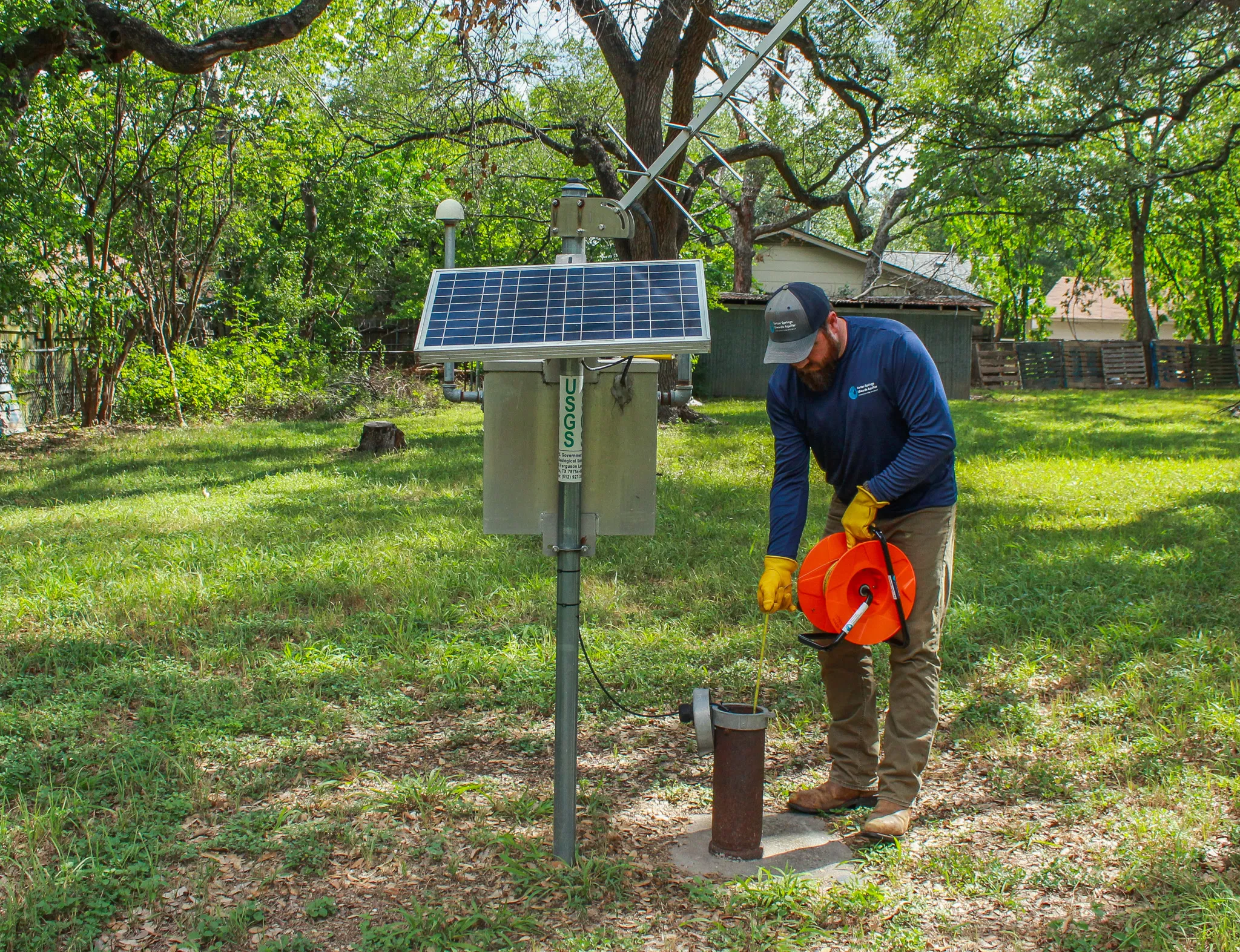Copyright The Boston Globe

The governor’s K-12 Statewide Graduation Council has released draft recommendations for strategies to replace MCAS, with final recommendations due to the governor and Legislature on Dec. 1. This board supports the recommendation that the state have a minimum slate of courses students are required to take to graduate. But taking courses is insufficient to guarantee students master a subject. The classes themselves need to be rigorous, and students have to actually learn the material. To ensure that’s happening, the state must establish a new measuring stick, which could include standardized tests or performance assessments, or both. The state starts from almost nothing. According to the Education Commission of the States, 46 states have minimum credit requirements for students to graduate. But Massachusetts’s are negligible. Under state law, schools are only required to offer a year of US history, including civics, and physical education. The requirement that students pass the MCAS was meant to ensure students were taught English, math, and science, but there was no requirement laying out how many courses they must take in English, science, or much of anything else. In 2007, Massachusetts officials recommended — but did not require — a course of study called MassCore, which includes the equivalent of four years each of English and math, three years of science and history, two years of a language, and a year of arts. These recommendations are similar to what many other states require. But not all schools require students to take the MassCore recommended classes, and as many as one in five students finish school without completing them. Imposing a coursework requirement — with lead time for schools to hire staff and train teachers — would ensure all students can take the courses they need to succeed, regardless of which high school they attend. By itself, however, a coursework requirement cannot ensure that courses are rigorous, grades aren’t inflated, and students learn the material. State voters made clear they do not want a statewide exit exam (although legally, districts can still adopt MCAS as a local graduation requirement). So the state must find a new way to judge whether students have gained the requisite knowledge. One idea discussed by the K-12 Graduation Council is end-of-course assessments designed and graded by the state. The benefit of standardized tests is they give uniform results that allow comparisons between schools, districts, and student populations. They provide standards all schools have to meet and, if done well, accurately measure how students perform against those standards. But a union-backed coalition called Citizens for Public Schools has opposed the use of any standardized test, arguing in a statement shared with the editorial board that tests incentivize teachers to “teach to the test,” and fail to equip students with skills like critical thinking, problem solving, communication, and collaboration. If policy makers adopt end-of-course assessments, they would have to determine how many tests are required for which courses and how to structure the requirements to avoid withholding a diploma solely because a student fails one subject test. Other states could provide models. For example, in Maryland and North Carolina, end-of-course exams are incorporated as a percentage of a student’s final course grade in a small number of subjects (in North Carolina it’s math, English, and biology), and the student must pass the course to graduate. An alternative is performance-based assessments, where students demonstrate knowledge through projects. Performance assessments can showcase a depth of knowledge and be tailored to individual courses. But it’s hard to compare results across populations or schools, and developing and grading assessments requires significant staff time. There are models of how this can work. A consortium of New York schools experimented with using performance-based assessments instead of standardized tests. The assessments were used, with some success, by the City University of New York to evaluate and admit socioeconomically disadvantaged applicants who scored below the required cutoff on SAT tests. In Massachusetts, the Massachusetts Consortium for Innovative Education Assessment, funded by a state budget appropriation, has developed a bank of performance-based assessments. Thirty-one districts use some of these free assessments in classrooms, with eight districts involved in developing and beginning to implement them more broadly, as part of a requirement for graduation or another milestone. But even officials active in the consortium acknowledge that the model isn’t ready to be scaled statewide. Implementing performance assessments requires significant professional development for teachers, and assessments may work better in certain subjects than others. Attleboro superintendent David Sawyer said assessments can demonstrate learning effectively through real-world applications, but they vary in quality. “This is still a concept in development,” Sawyer told the editorial board. One hybrid solution would be to require end-of-course standardized tests, with an option to take a performance assessment as an alternative if a student fails. Or policy makers could require passage of end-of-course exams in the 9th and 10th grades, giving students an opportunity to retake failed exams, plus a capstone project after that. With any new requirement, it will be important that results be public, as they are with MCAS. This does not mean publicizing individual student data but letting people see pass rates of schools, districts, and student populations (like English language learners and students with disabilities) so districts, schools, and teachers can be accountable for the quality of education they provide. The goal of the MCAS — never fully met — was to set high standards for all graduates and ensure schools gave students the support they needed to meet those standards. Crafting the next graduation requirement gives the state an opportunity to develop a better method to meet those same important goals.



